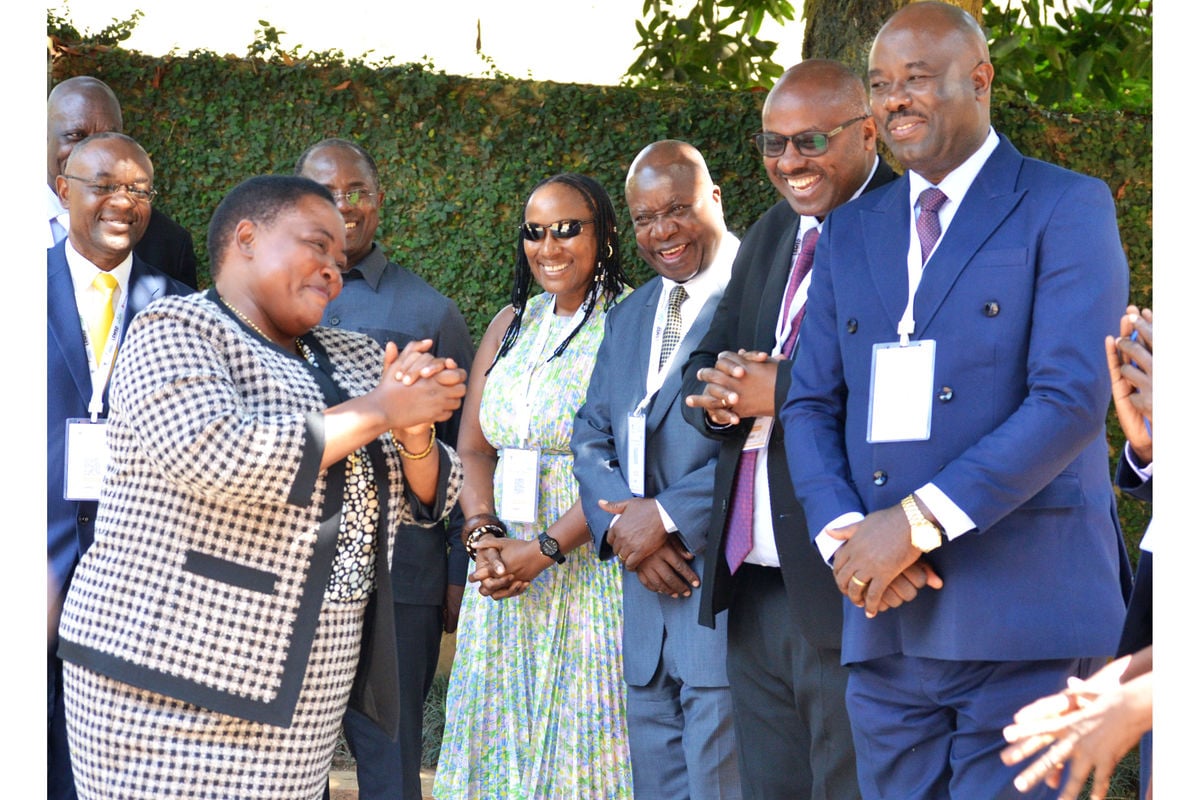- Mr Byamugisha attributed the progress to government programmes like Youth Livelihood Program (YLP), Emyooga, Uganda Women Entrepreneurship programme (UWEP), among others.
As Uganda aims at attaining all the Sustainable Development Goals (SDGs) by 2030,the new SDGs assessment report indicates a reduction in poverty levels.
The head of the SDG secretariat in the office of the Prime Minister, Mr Albert Byamugisha, revealed that poverty levels reduced from 45 percent to 20.3 percent in 2020.
“This means that numbers of the people who were below the poverty line had reduced at that time,” Mr Byamugisha said.
Speaking during the 3rd SGDs conference and dissemination of local government management of service report 2023 in Kampala on Wednesday, Mr Byamugisha said Uganda has so far attained 76 percent of the SDGs.
The report will be presented next month at the third voluntary national review report at the high-level political forum in the New York.
Mr Byamugisha attributed the progress to government programmes like Youth Livelihood Program (YLP), Emyooga, Uganda Women Entrepreneurship programme (UWEP), among others.
“With the initiatives the government has put in place, if we work very hard and God willing that we get money and the economy improves, we should be able to get somewhere by 2030,” Mr Byamugisha said.
The Prime Minister Ms Robinah Nabbanja said that the country is witnessing unprecedented levels of growth of government investments of big magnitude. She also pointed to progress in education, health, infrastructure, and access to utilities.
“Positive steps have been taken to improve access to clean water and sanitation services in both rural and urban areas. However, the water demand is rising owing to rapid population growth,” she said.
Additionally, the Prime Minister said that electricity access has also improved to 58 percent from 52 percent in 2016. She reinstated government’s commitment to achieving the SDGs by 2030 ensuring that no one is left behind.
“By focusing on food security, job creation, wealth creation, and improved service delivery at the parish level, the Parish Development Model (ODM) and other wealth creation programs are integral in ensuring that no one is left behind in our development journey,” Ms Nabbanja said.
However, the local government leaders said that more effort is needed to achieve the 2030 agenda.
Mr Deo Atuhaire, the Chairman LC5 for Buhweju District said that there is still a need for the government to prioritise sectors like agriculture which is the backbone of the economy.
He explained that there is a need for the government to revamp the tea sector saying that prices have continued to decline, pushing away farmers from the market.


